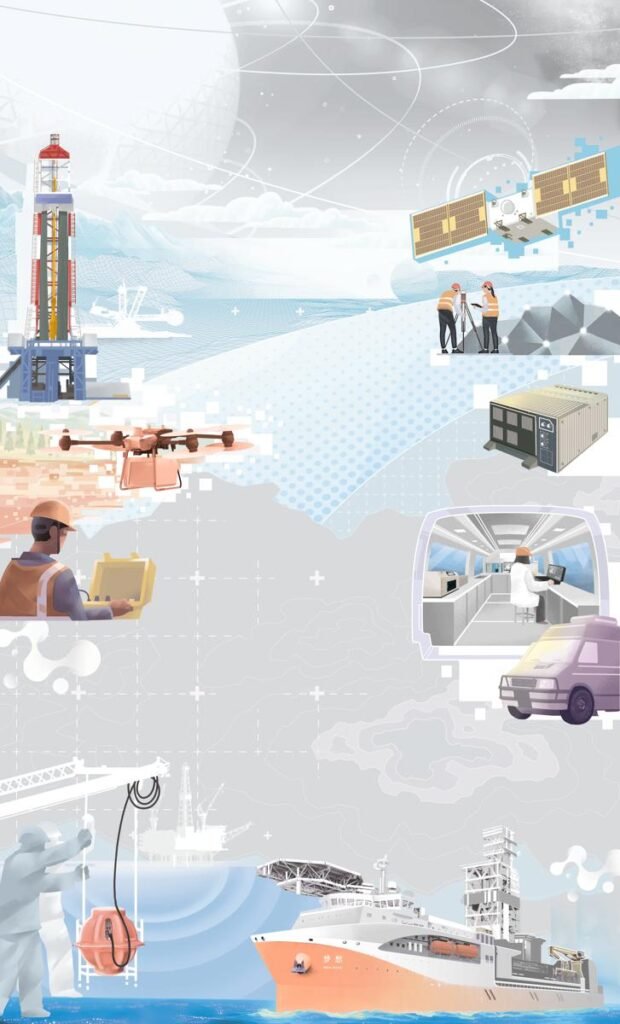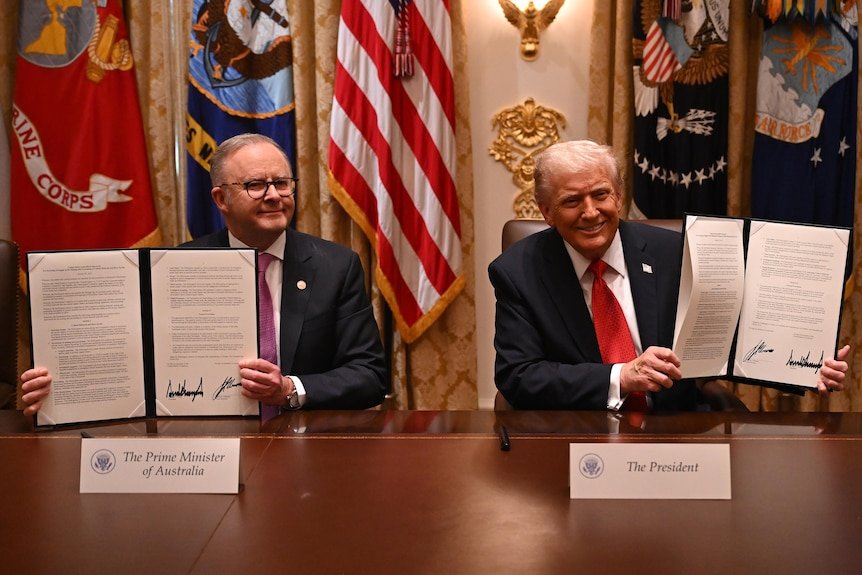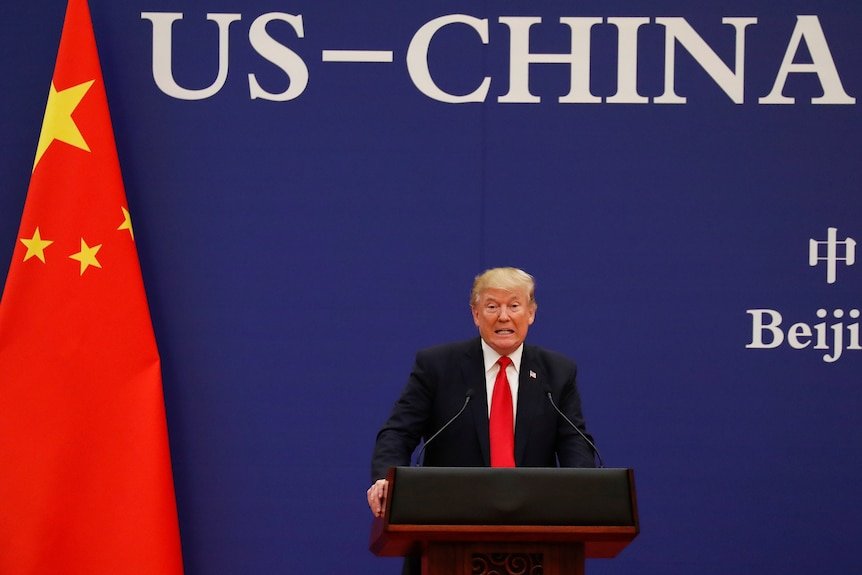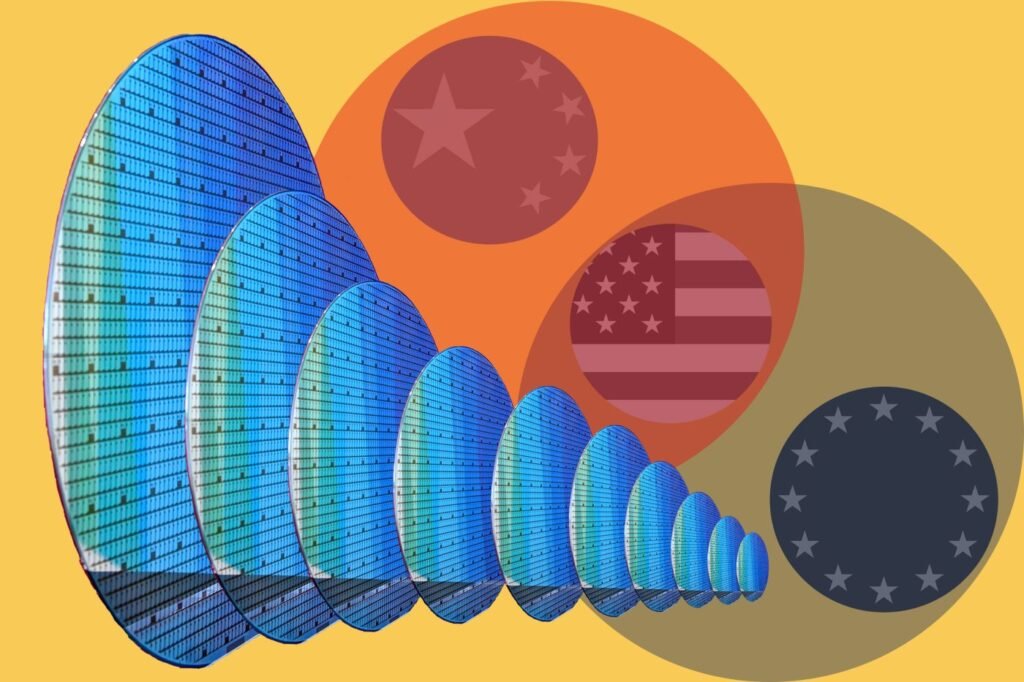
China has tightened its rare earth export controls, expanding restrictions on processing technology and spelling out its intention to limit exports to overseas defence and semiconductor users. From India, China is reportedly seeking guarantees that the heavy rare earth magnets supplied by it will not be re-exported to the US and will be used only to meet local needs. China produces over 90% of the world’s processed rare Earths and rare Earth magnets. These 17 rare Earth elements are said to be key component in products ranging from EVs to aircraft engines and military radars.According to a report in Economic Times, China wants to ensure that the heavy rare earth magnets supplied to India do not reach the US. The report quotes a person aware of the matter. The Indian government is said to have so far not agreed to such a request yet.“Our understanding is that China is looking at some deal with the US on heavy rare earth magnets and is unwilling to release supplies without a guarantee that there will not be any diversion,” a second person in the know said.China is also said to be planning to expand restrictions on exporting technology to make rare Earth magnets to more types of magnets. The export restrictions on rare Earth magnets are said to be a major bargaining chip for China in its trade talks with the United States. The tightening of controls comes weeks ahead of a face-to-face meeting between Presidents Donald Trump and Xi Jinping in South Korea.
China wants export control guarantees on lines of Wassenaar Arrangement
Indian companies have also submitted end-user certificates stating that rare Earth magnets will not be used for manufacturing any weapons of mass destruction. Beijing is also reported to have sought export control guarantees on the lines of the Wassenaar Arrangement. China is not a signatory to the agreement, which promotes transparency and responsibility in the transfer of dual-use technologies and goods among the 42 member states for the purposes of international security. India is a signatory.







